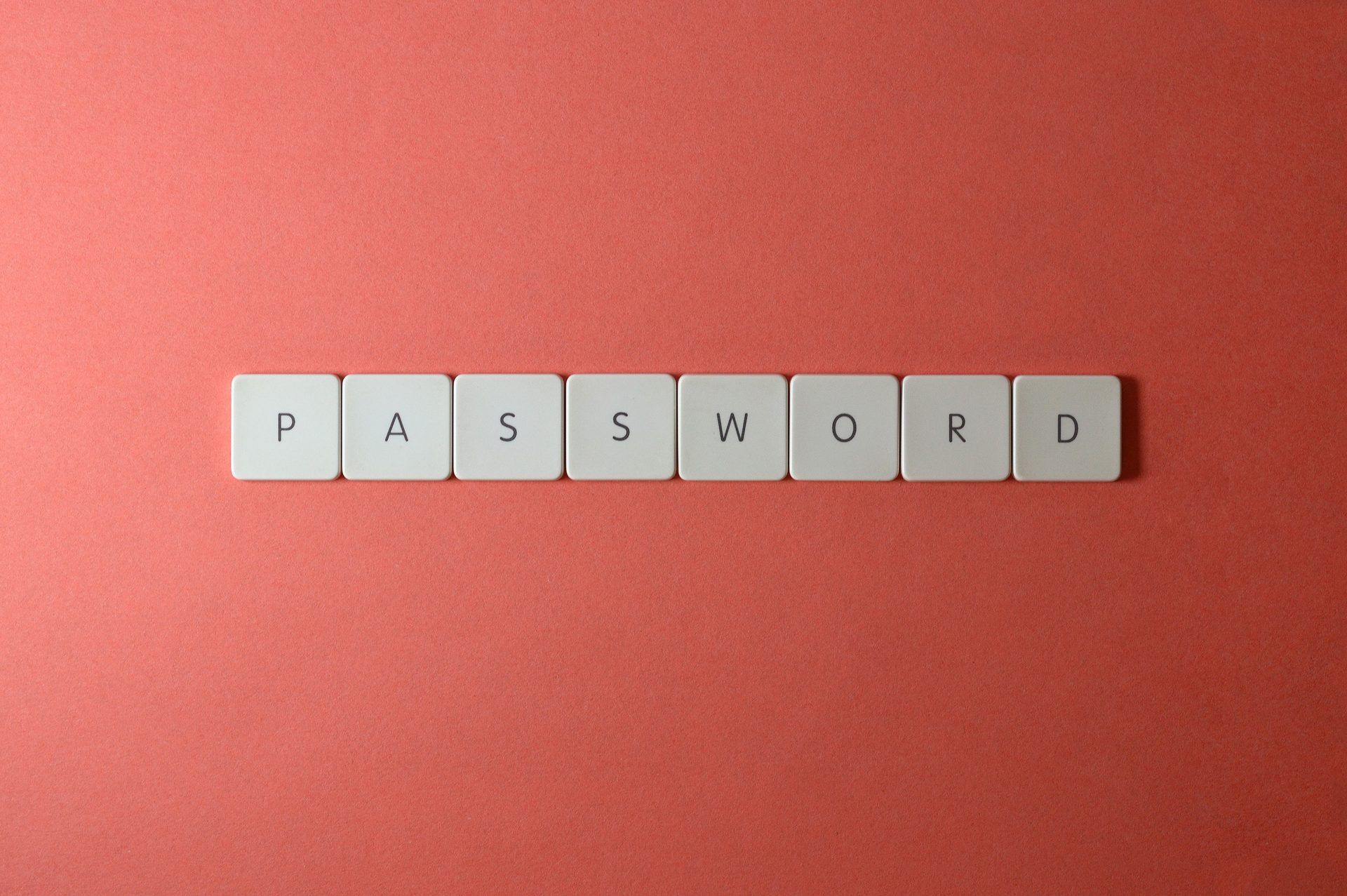What are the cybersecurity best practices in 2022? Businesses of all sizes and locations may use the internet to connect with new and larger markets, working more efficiently by employing computer-based technologies. Cybersecurity should be considered whether a firm considers cloud computing or simply utilizing email and maintaining a website.
Staying secure from cyberattacks is difficult. When cybercriminals constantly look for new methods to reveal security concerns, it’s tough to keep up. However, by paying attention to certain elements, you may significantly reduce your chances of being victim of these cyber assaults.
Cybersecurity best practices for business
The data of an organization is an essential aspect to protect. Regardless of size or scale, everyone must ensure that the firm’s data is safe and secure. Cybersecurity protects computers, servers, networks, electronic systems, mobile phones, and other devices from harmful assaults.
Businesses are spending more on cybersecurity to reduce the potential for a data breach. A cyber assault can come from any direction, both within your firm or from an external source. But, the concern is: Is your data safe? How can you detect impending threats before your data is destroyed? We think that prevention is preferable to cure. So, what are the cybersecurity best practices for business?
Enable best firewall protection
The best way to avoid cyber assaults is to use a firewall for the company network. The firewall keeps intruders out of your websites, emails, and other sources of information that may be accessed over the internet. A firewall software installation is also required for someone who uses a firm’s website while at work.
Enable multi-factor authentication (MFA)
Multi-factor authentication is a useful tool for ensuring that only authorized persons access critical information.

Combining biometrics, SMS/text messages, emails, and security questions for the most secure sign-ins. Use additional protection measures such as text validation, email verification, or time-based security codes.
For example, you may allow an employee to access a corporate network-maintained device. However, if a user is connecting from an unknown network on an unsecured device, request that they add another layer of protection.
Improve employee awareness of security
Employees must be educated on cybersecurity threats to take steps to protect themselves and their organizations. Security awareness training, while important, may often be inadequate because it is limited to an hour per year of sitting through the same presentation and receiving a single email. Employees’ security awareness efforts are frequently regarded as a waste of time, which they unfortunately are. A new culture must emerge in which everyone embraces the importance of security and recognizes their responsibility to do their part.
By taking a few minutes to educate your staff on why they are being asked or required to perform or not do things a certain way, you can assist your company in changing its cybersecurity culture. Cultural shifts occur day by day when workers embrace the necessity for security procedures.
Regular data backup
In recent years, the importance of backing up data has grown. Cybercriminals frequently target your data. Therefore it’s critical to back up your files and store them securely, following corporate security standards. Data that is well-protected, encrypted, and regularly updated is critical to safeguard.
Keep hardware up-to-date
Computer hardware that the manufacturer no longer supports may not be able to execute the most recent software security upgrades. Furthermore, older computer equipment makes it harder to react if cyber-attacks occur. Make sure your computer hardware is as up-to-date as possible.
Monitor third-party controls
Protecting your data from third parties is an important component of a security plan. A third party has unrestricted access to your information, increasing the risk of insider assaults. It’s critical to keep track of third-party activities to safeguard your data from breaches. It’s crucial to limit third-party entry into a certain zone and notify them when they’ve completed their task so that they can deactivate their access.
If you wonder about the best cyber security monitoring tools in 2022, we have already prepared them for you. Such as Splunk, P0f, Nagios, and more.
Monitor the privileged users
Users with elevated privileges can be one of a company’s most valuable assets or one of its most dangerous liabilities. Yes, privileged account users have access to all means to damage your data. No matter how much you trust your staff, anything might go wrong. So, please limit the number of privileged users and ensure that their privileged accounts are disabled as soon as they leave employment. It is necessary to install monitoring systems that may detect any suspicious activities within your network.
Are you an SMB, and implementing these practices is impossible for your business? We have solutions for you, too.
Cybersecurity best practices for small businesses
Because you have a small company, cybercriminals may believe they can get away with stealing from you. Small business owners tend to have a “not much to steal” mentality regarding cybersecurity, but it is also completely false and out of date.

Why are small businesses targeted more than larger organizations? The vast majority of cyber assaults aim to obtain personal information that may be used in credit cards or identity theft. While large companies generally have more data to steal, small firms have less secure networks, making it simpler to break into the system. So, how can SMBs be safe? If you can, the suggestions above still apply. However, you can also:
Make sure that your computers are well kept and secure and that each employee has a user account
Keep your company’s computers safe from prying eyes by preventing access or usage by unauthorized persons. Laptops can be easy targets for theft or loss, so consider securing them when unattended. Create individual user accounts for each employee and requires strong passwords. Only trusted IT experts and key personnel should have administrative privileges.
Secure your Wi-Fi networks
Ensure your company’s Wi-Fi network is safe, encrypted, and hidden. Set up your wireless access point or router so it does not broadcast the network name (SSID), revealing your Wi-Fi system’s location. Make sure you secure access to the router with a password.
Employ best practices on payment cards
Collaborate with banks and processors to ensure that the most reputable and validated tools and anti-fraud services are utilized. You may also be subject to additional security standards due to your bank’s or processor’s agreements. Separate payment systems from less secure apps and don’t utilize the same PC to handle payments and browse the web.
Limit data and information access, restrict authority to install software
Employees should only be given access to the specific data systems they need for their work, and no software should be installed without permission.
Cybersecurity best practices for employees
You are on the front lines of computer security if you’re an employee. Your firm may have comprehensive data security and network protection measures for you and your coworkers to follow. But it’s critical to stay vigilant to ensure that your company’s data and network are safe and secure, even with these safeguards.
Avoid pop-ups, unknown emails, and links
Be aware of phishing attempts. Phishers attempt to deceive you into clicking on a link that may result in your account being hacked.
Phishing attacks on workers are designed to induce them to open pop-up windows or other harmful links that may contain viruses and malware.

That is why it’s critical to be wary of emails from unknown senders, as they may try to entice you with links and attachments. With the click of a button, hackers could access your company’s computer network.
Here’s a tip to remember: Never give personal or corporate information in response to an email, pop-up webpage, or another type of contact you didn’t ask for it. Identity theft is one danger that phishing can cause. It’s also how ransomware infections usually occur.
By employing email authentication technology, your firm may assist by preventing these fraudulent emails. You’ll generally be notified that the email has been delivered to a quarantine folder, where you can examine whether it’s genuine or not.
Be careful. If you’re unsure about the legitimacy of an email or other communication, always contact your security department or security lead.
Use a VPN to privatize your connections
Use a virtual private network (VPN) to secure and privatize your network. It will encrypt your connection and safeguard your sensitive information, even from your internet service provider.
Use a strong password
Using the same password on numerous sites is like carrying one key around that unlocks your house, car, office, briefcase, and safety deposit box. If you use the same password for multiple computers, accounts, websites, or other secure systems, keep in mind that all of those computers, accounts, websites and security systems will be as secure as the weakest system on which you have used that password.

Don’t store your password on a system that isn’t trustworthy. A single lost key might let a thief into all of the doors. To keep them new, change your passwords regularly.
Connect to secure Wi-Fi
Secure, encrypted, and hidden networks are what you should seek when working from home. If you’re working remotely, a virtual private network (VPN) may be able to help protect your data. When it comes to conducting business while traveling or on vacation, a VPN is essential. Public Wi-Fi hotspots might be insecure and expose your information to being intercepted by strangers.
Some VPNs, on the other hand, are safer than others. If your company uses a VPN that it trusts, be sure you know how to connect to it and use it. SecureVPN from Norton is a strong VPN protection that can help keep your information private on public Wi-Fi networks.
Enable firewall protection at work and home
A firewall between the company network and your home network is the first line of defense in defending data against cyberattacks. Firewalls keep unwanted people from visiting your websites, email services, and other online sources of information.
Don’t rely on your business’s firewall. If you work from home, consider creating one on your network. Inquire about firewall software from your employer.
Talk to your IT department
Your IT department is your ally. Contact your company’s support team for assistance with information security. You could have a lot to discuss.

If something goes wrong with a software upgrade, it’s usually a good idea to work with IT. Don’t let a simple problem become more difficult by attempting to “fix” it. If you’re stumped, IT might be able to assist.
It’s also good to inform IT about any security alerts from your internet security software. They may not be aware of all the potential dangers.
Employ third-party controls
It may come as a surprise to you. Data breaches are frequently the result of internal fraud. That’s why organizations must think about and restrict employee access to customer and client information.
You might be in charge of accessing and utilizing confidential information from clients, consumers, and other workers. If this is the case, make sure you follow your firm’s policies on how sensitive data should be stored and used. You’re the guardian of this data against unauthorized third parties if you’re in charge of keeping or safeguarding hard or soft copies.
Third parties, such as consultants or former employees with limited access to the organization’s computer network, may also have to be monitored. It’s critical to limit third-party access to specific locations and remember to turn it off when they’re done.
Embrace education and training
Smart businesses take the time to educate their employees. You are responsible for understanding your company’s cybersecurity policies and what is required of you. That includes keeping them. If you have any doubts about a regulation, inquire about it.





